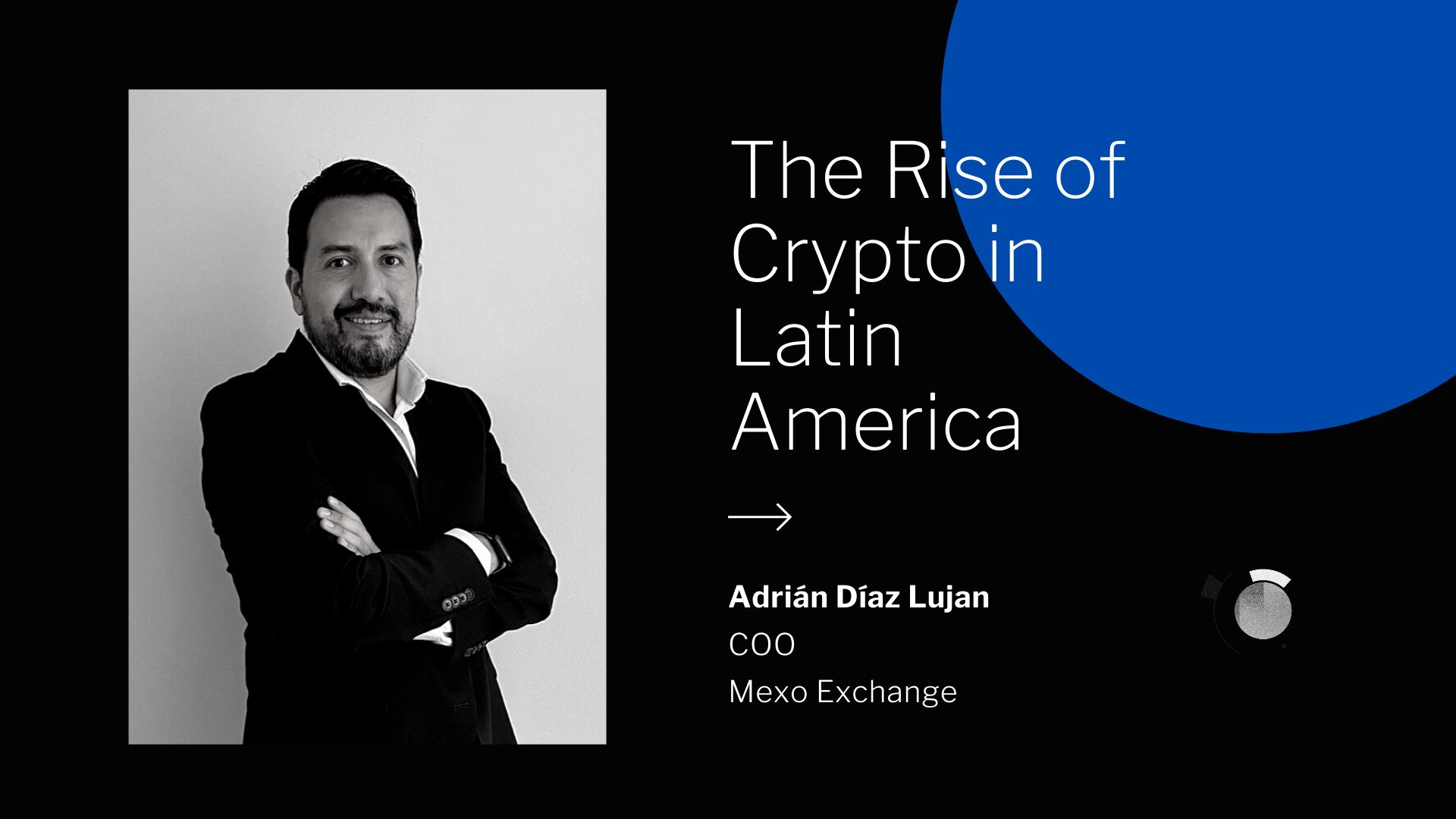202 reads
The Rise of Cryptocurrencies in Latin America: Interview
by
September 16th, 2020

Building and Covering the latest events, insights and views in the AI and Web3 ecosystem.
About Author
Building and Covering the latest events, insights and views in the AI and Web3 ecosystem.
